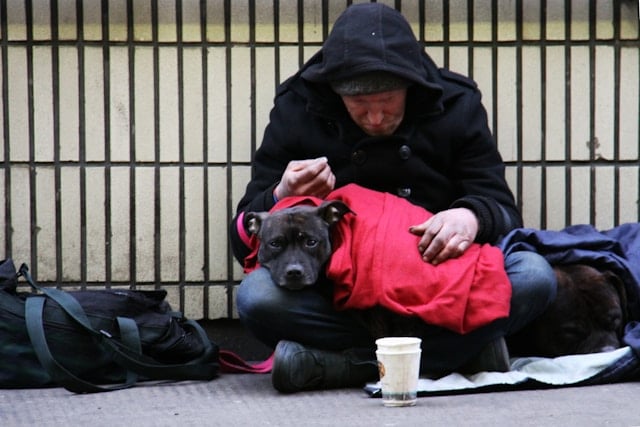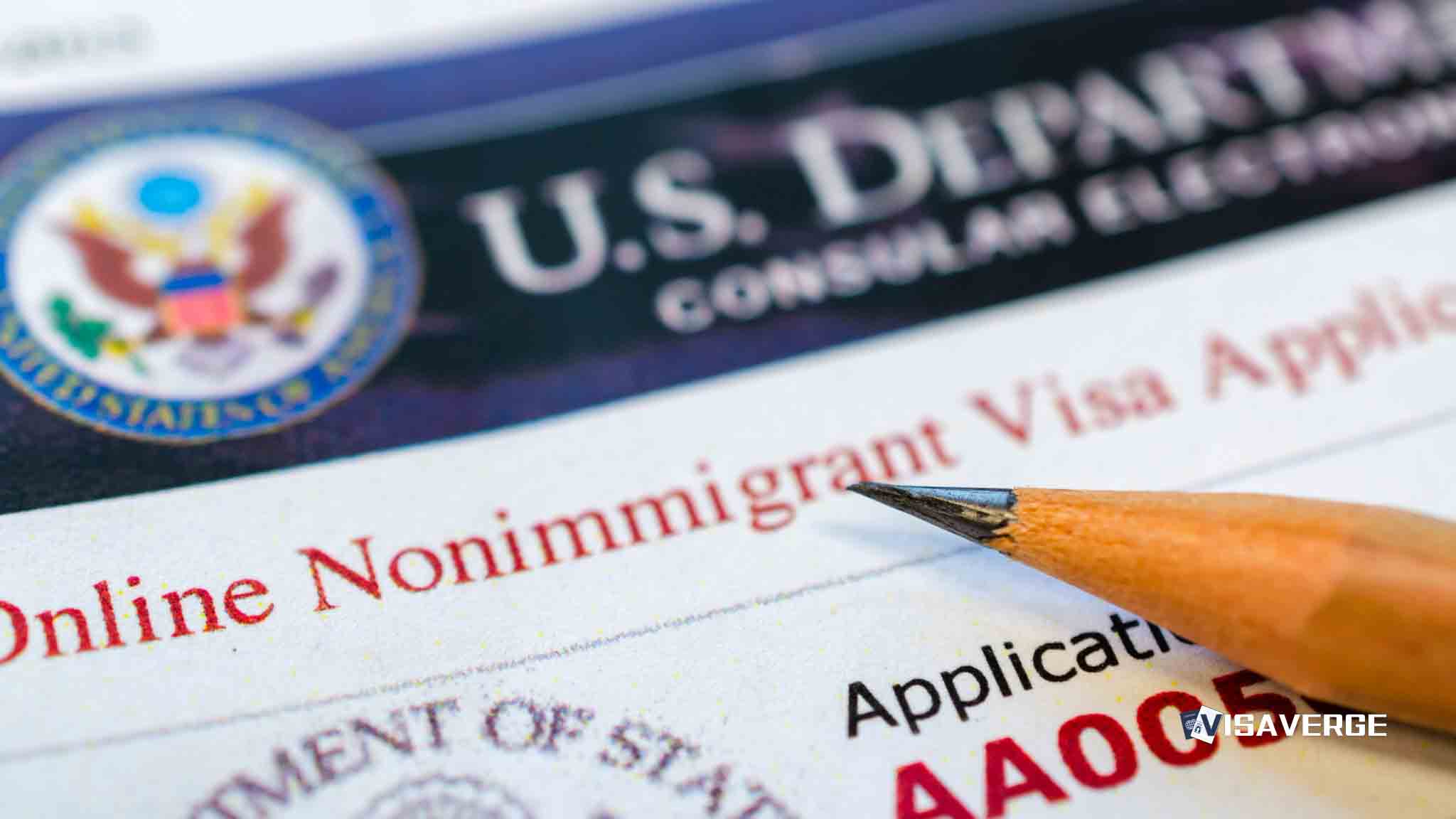(LOUISIANA, UNITED STATES) Conditions inside Louisiana ICE detention centers have deteriorated sharply in 2025 as the number of people held has climbed, according to immigrant rights advocacy groups that describe “widespread human rights abuses,” severe overcrowding, and medical neglect across multiple sites. Advocates say the facilities, largely run by for-profit private prisons under federal contracts, are failing to meet basic standards of care and safety as detained populations surge.
The New Orleans ICE Field Office, known as NOLA ICE, oversees nine detention centers in the state. Nearly 98% of people there are held in private prisons operated by GEO Group and LaSalle Corrections.

Findings from the 2025 coalition report
Reports collected between 2022 and 2024 and published in 2025 by a coalition including the ACLU and Robert F. Kennedy Human Rights describe a pattern of violations that the groups say breach both ICE’s own rules and federal and international human rights law.
Key investigation details:
– 59 onsite visits and more than 6,200 interviews informed the report.
– Documented abuses include:
– People fed cockroach-infested or expired food.
– Denial of basic hygiene items like soap and feminine products.
– People left without needed medications for conditions such as epilepsy and diabetes.
– Use of “five-point shackles”, even over wounds.
– Allegations of physical and sexual assault by some guards.
– Prolonged solitary confinement worsening mental health.
The coalition argues these are not isolated incidents but part of systemic failures across Louisiana ICE detention, with oversight that is either weak or ignored.
Conditions at specific Louisiana facilities
Central Louisiana ICE Processing Center (GEO Group)
– Long history of abuse claims.
– Allegations include pepper spray used against detainees, a high volume of sexual assault complaints, and deaths tied to alleged medical neglect.
South Louisiana ICE Processing Center (Basile)
– The only female-only facility under NOLA ICE.
– Accused of routinely denying adequate food, hygiene supplies, medical attention, and reliable communication.
Louisiana ICE Processing Center at Angola (Camp J)
– Criticism intensified after a hunger strike in September 2025.
– Detainees described people denied necessary surgeries and others placed in solitary confinement without running water after emergency hospital visits.
Winn Correctional Center (LaSalle Corrections)
– Records show it was nearly full in April with 1,522 people held against a contractual capacity of 1,576, highlighting how quickly beds are filling and the risks of crowding.
National context and trends
- By mid-2025 the national detention network expanded to 605 facilities, including many private prisons and local jails.
- By September 2025, there were 15 detainee deaths in ICE custody nationwide — nearly double the total in 2024.
- Use of solitary confinement rose by 41% from December 2024 to August 2025, according to reporting cited by advocates.
- Advocates say the growth in detention reflects a reliance on incarceration that is both costly and harmful, especially when oversight and health care lag behind population increases.
Patterns cited by advocates and lawyers
Advocates and lawyers link the conditions to the dominance of for-profit private prisons in Louisiana ICE detention. Their concerns include:
– Profit pressures leading to thinner staffing, delayed medical responses, and cut corners on food and sanitation.
– Recurrent problems across multiple sites: expired and moldy food, pest infestations, denial of essential medications such as insulin and anti-seizure medication.
– Frequent use of “segregation” (the system’s term for solitary confinement) without clear review timelines or meaningful mental health checks.
– Reports that requests for medical help go unanswered for days, women are denied menstrual products, and detainees lack regular access to phone calls or legal counsel.
Analysis by VisaVerge.com highlights Louisiana as a focal point in this debate as national detention numbers climb and budgets tighten, creating incentives to pack more people into existing sites.
Standards, oversight, and calls for action
The coalition’s 2025 report says many abuses breach ICE rules that require safe conditions, access to medical care, and protections against sexual abuse. ICE’s standards specify requirements for health care, housing, and grievance systems that should be available to anyone detained.
- ICE’s National Detention Standards are posted publicly at the ICE National Detention Standards, which immigrant rights groups say provide a clear baseline for what should be happening in Louisiana — but often is not.
Advocates’ immediate demands:
1. Immediate federal inspections of Louisiana sites.
2. Halt new contracts until facilities comply with ICE standards.
3. End contracts at repeat-offender sites.
4. Release vulnerable people with chronic illnesses who do not need detention.
5. Congressional review of why facilities with recurring problems keep receiving contracts or extensions.
6. ICE to publish transparent data on:
– Medical staffing levels
– Time-to-treatment
– Use of segregation in Louisiana
Human impact and procedural problems
People held in Louisiana describe a daily routine shaped by fear of retaliation for speaking up. Examples from interviews:
– Some were moved to segregation after filing complaints.
– Guards reportedly used pepper spray during disputes over hygiene items or food quality.
– Several women reportedly went without prenatal care or were refused urgent gynecological exams.
– Advocates say medical neglect at some facilities contributed to deaths, though the report notes individual cases may be complex and require independent investigation.
Procedural and family impacts:
– The New Orleans ICE Field Office controls bed space and transfers in the region and has relied on private operators for years.
– Transfers often happen with little notice, making it hard for families and lawyers to keep track of people or continue legal work.
– Supporters of detention expansion argue it ensures court appearances and speeds removal operations, while lawyers stress that alternatives to detention (check-ins, case management, ankle monitors) cost less and avoid harms tied to incarceration.
Key takeaways and next steps
- The coalition argues that rising detainee numbers combined with weak oversight create a system in crisis in Louisiana.
- Advocates want immediate federal reviews, contractual suspensions, releases of vulnerable people, and public transparency on medical care and segregation practices.
- Families and legal representatives say the human toll becomes visible when phone contact stops or medical crises occur, underscoring how rapidly overcrowding and limited oversight can translate into serious harm.
The debate centers on whether detention is being used because it is the best option for immigration enforcement, or because it is the quickest and cheapest way to create capacity — with people detained in facilities where private operators control nearly every aspect of daily life.
Frequently Asked Questions
This Article in a Nutshell
A 2025 coalition report documents systemic human rights violations across nine Louisiana ICE detention centers, where nearly 98% of detainees are housed in private prisons. Based on 59 visits and over 6,200 interviews, findings include overcrowding, medical neglect, expired or pest-infested food, denied medications, sexual and physical assault allegations, and increased solitary use. Advocates call for federal inspections, suspension of new contracts, releases of vulnerable people, and transparent reporting on staffing and treatment metrics.













